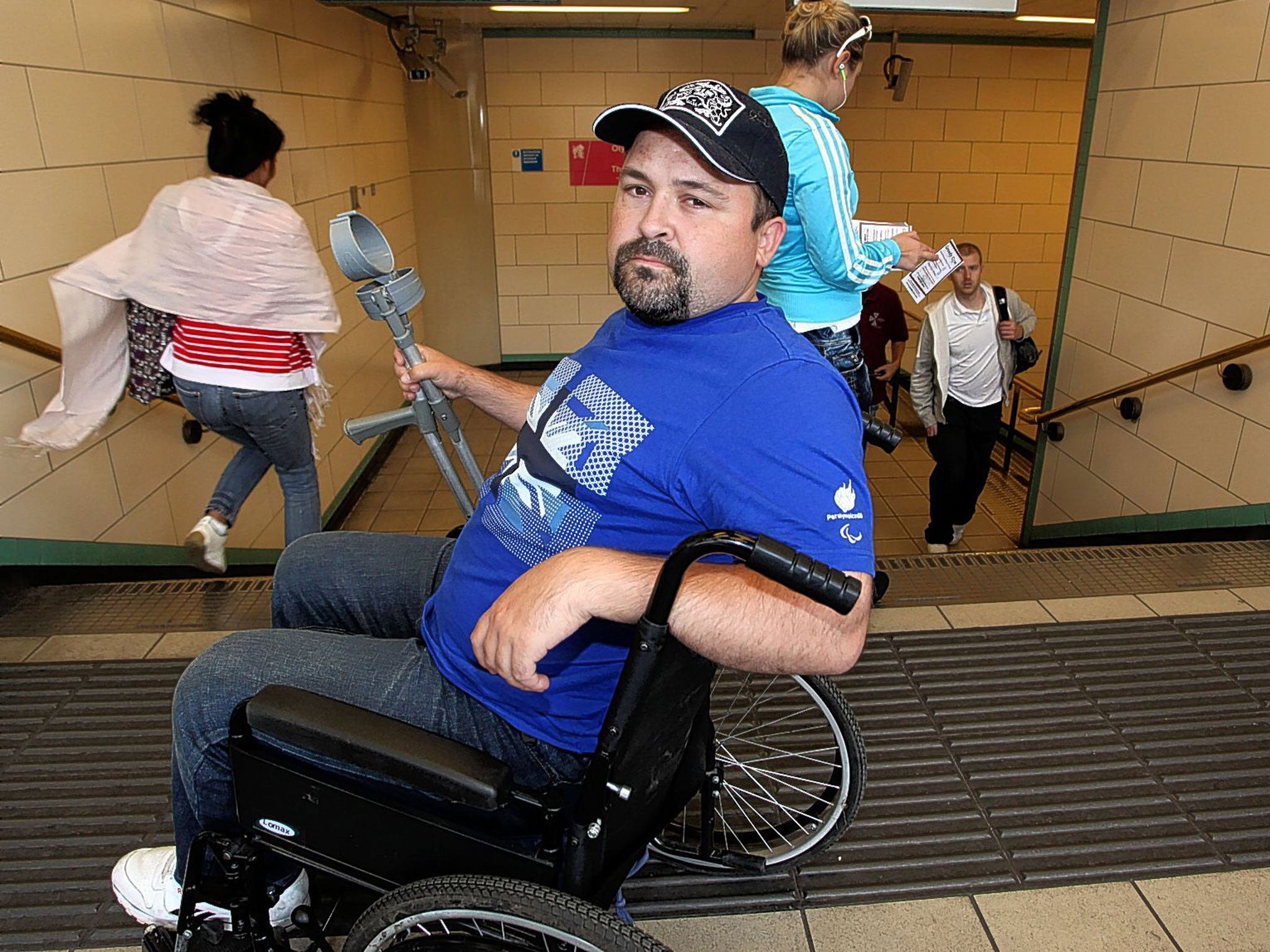From ‘coloured’ to ‘cripple’ - some words just don't belong in everyday language
But what matters more, to me, is how I am treated


“Does it matter to you whether you’re called a disabled person or a person with disabilities?”
I’ll get to that in a moment but we’re on the subject of language and political correctness, and the debate’s getting heated again thanks to Benedict Cumberbatch’s unfortunate use of the word “coloured” to describe black actors in an interview. He was actually lamenting Hollywood’s lack of diversity at the time, but that seems to have got lost in all the sound and fury.
Nick Cohen, a writer I usually enjoy reading, has weighed in, arguing that “politically correct censorship” , such as that imposed upon Cumberbatch, is actually damaging to the causes of minorities.
He says that we should be focussing on actual prejudice and its effects rather than on the words used to describe those on whom it impacts. You can read the piece here.
Now I agree with Cohen on one point and that is that the current debate over language has become self-defeating, and damaging, particularly in the way that it could be preventing people from talking about things that we really need to be talking about.
But to me, what really matters is whether or not I am treated with respect; whether I am able to work, and travel, and do other things on an equal footing with those who don’t have disabilities; whether I can go out without people standing up in front of me and doing pathetic impressions of the way I move (that actually happened).
A sterile debate about whether you call me a disabled person or a person with disabilities (and there are people who speak in favour of both) pales by comparison.
Moreover the opprobrium heaped on people who inadvertently make a mistake in their use of language – like Cumberbatch – is, as Nick Cohen says, getting ridiculous.
As fellow British actor David Oyelowo said: “To attack him for a term, as opposed to what he was actually saying, I think is very disingenuous and is indicative of the age we live in where people are looking for sound bites as opposed to substance.”
However, when someone like Wigan Athletic chairman Dave Whelan uses the word “Chink” in a pejorative manager, in a public forum, well that’s different. Then I think outrage is absolutely justified, as Noah Sin eloquently argues here.
There is sharp distinction between the two situations and there are some terms that should be beyond the pale. Au contraire, says Mr Cohen, advancing his case by using an example of what has happened to one of those words - “spastic”.
He describes how it became a playground insult, prompting the Spastics Society to change its name to Scope which has (sadly) led to the development of another crass insult - “Scopey”.
He suggests that changing the word did nothing to change the prejudice behind it and he’s almost right.
But, for a start, having a pejorative term used to describe me because of something I have no control over (my disabilities) is unpleasant in a way that goes far beyond casual insult.
Call me a fool if you want, and people have said far worse in comments about what I’ve written. That’s fine. Anyone worried about a little trolling shouldn’t be doing the job I do.
But the casual use by people and the acceptance of certain words that demean and degrade (which Cumberbatch was not doing but Whelan was) can ultimately legitimise their prejudice.
Taking a little care to think about what we say is no bad thing. If I were to hear Nick Cohen casually bandying the word “spastic” about - which I’m sure he wouldn’t - then I’d be tempted to swing a crutch at him.
There’s a final reason why making certain terms unacceptable in polite company has value: they can be a handy weapon that can be used to attack others’ unreasoning prejudice. Remember those marches when the gay community shouted “we’re here, we’re queer, get used to us”?
I’m willing to admit that when I’ve been confronted with recalcitrant officialdom, with people making my life difficult because of my physical state, I’ve deployed the word “cripple” to describe myself (which is technically correct, since I was gifted my disabilities by a lorry).
You’d be amazed at the impact it can have, although the issue of reclaiming words brings us on to yet another debate about language that we probably spend a little too much time on.
Join our commenting forum
Join thought-provoking conversations, follow other Independent readers and see their replies
Comments
Bookmark popover
Removed from bookmarks